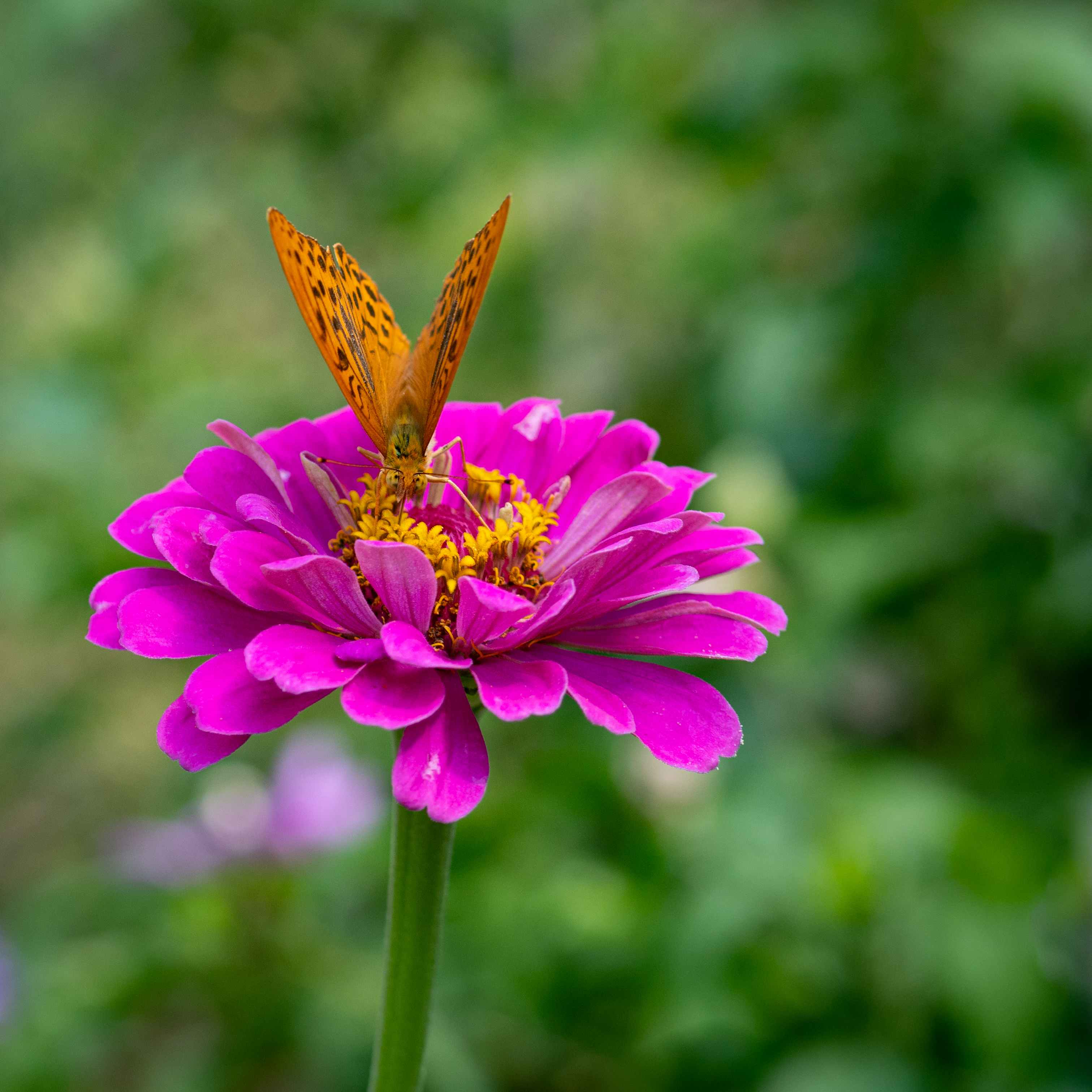 When I was 11, I lost my mother. It’s a strange age, you are years from being an adult but the strong grip hold of childhood is beginning to slip away. Yet, you are a child. I forget that sometimes and when I see photos of 11-year-olds, I peer at them to understand who I was when I lost my mother. Losing my mother started two years earlier as she fought an aggressive form of breast cancer that left alarming purple lacerations on her back, which I accidentally glimpsed one day. 1975 was a frightening time to have cancer, although I had no words or understanding of what was happening to my mother. It would take me years to discover what my mother died from. Spirited away by well-meaning relatives, I knew something was going terribly wrong. At 11 you know when the adults around you are acting strange and keeping things from you. I was and still am the most curious person I know, so I knew even what I didn’t know.
When I was 11, I lost my mother. It’s a strange age, you are years from being an adult but the strong grip hold of childhood is beginning to slip away. Yet, you are a child. I forget that sometimes and when I see photos of 11-year-olds, I peer at them to understand who I was when I lost my mother. Losing my mother started two years earlier as she fought an aggressive form of breast cancer that left alarming purple lacerations on her back, which I accidentally glimpsed one day. 1975 was a frightening time to have cancer, although I had no words or understanding of what was happening to my mother. It would take me years to discover what my mother died from. Spirited away by well-meaning relatives, I knew something was going terribly wrong. At 11 you know when the adults around you are acting strange and keeping things from you. I was and still am the most curious person I know, so I knew even what I didn’t know.
11 will always be a significant age for me. My mother’s untimely death catapulted me into an adult overnight. I was just trapped in an 11-year-old body. When I think about who I was, I remember I loved overalls, denim jackets, and swings. I spent hours perfecting my shaky cartwheel. I loved books and fell in love with all kinds of kindred spirits such as Pipi Longstocking and Heidi. The following year, I would be introduced to Holden Caulfield and I thought he was the coolest guy ever. Francie from A Tree Grows in Brooklyn became a friend and I became eternally attached to Oliver Twist and Pip from Great Expectations. I was a loyal reader of the comic strip, Dondi the war orphan. I couldn’t wait for the Sunday paper to come to see what Dondi was up to. Ironically, most of these characters were motherless.
I didn’t define myself as motherless. I never heard of that word, until much later in life. That moniker would have been difficult to own, as I was growing up, since I did my best to avoid any mention of this loss. Mother’s Day was a rough one, this was the one holiday that truly shone a light on our family’s loss. Our anchor was unmoored and every age became a juggling act. The years provided a softer landing but wiped away the few memories I had. My grief was delayed and one day I realized I could talk about her without feeling ashamed. The shame fostered by repression, which was the de facto way of handling death back then.
Then I became a Mom. I found that rhythm pretty easy, for I had been my own mother for half my childhood. My children brought me and continue to bring me unmitigated joy. They allowed me to mourn my loss and gain a better understanding of my mother’s own loss. I’m now 15 years older than my mother was when she died. I spent my 40s in a tailspin wondering when the pendulum would swing. I was convinced I’d die young. When I flitted out of my 40s unscathed, I wondered if I would grow old. I feel, at this point, I have. I have had the privilege of watching my children grow, and graduate high school and college. I’ve had the chance to ponder how my mother must have felt while she was dying and how truly devastating it must have been to her. I still wish I had the chance to grow up with her by my side, have a cup of tea as two adults, and just talk. There’s no replacement or quick fix, there’s only the unfurling of life – no matter how painful. No one knows that better than that 11-year-old girl who still lives deep inside of me. I’m proud of her. She’s there as a reminder of the precariousness of life, and the resilience to face the inconceivable. I never thought I’d be happy on Mother’s Day, and I still experience melancholy, but the paralyzing fear and dread have given way to stillness and peace.
Photo Credit: Robert Barone













So beautifully written! I connect with your thoughts in so many ways; as a 15 year old who lost her dad, as a teacher of Reading and a lover of books! Thank you for sharing your heart!??
Thanks, Michele. I didn’t know you lost your Dad so young. So sorry. There are many of us warriors out there. Your students are lucky to have you! 🙂